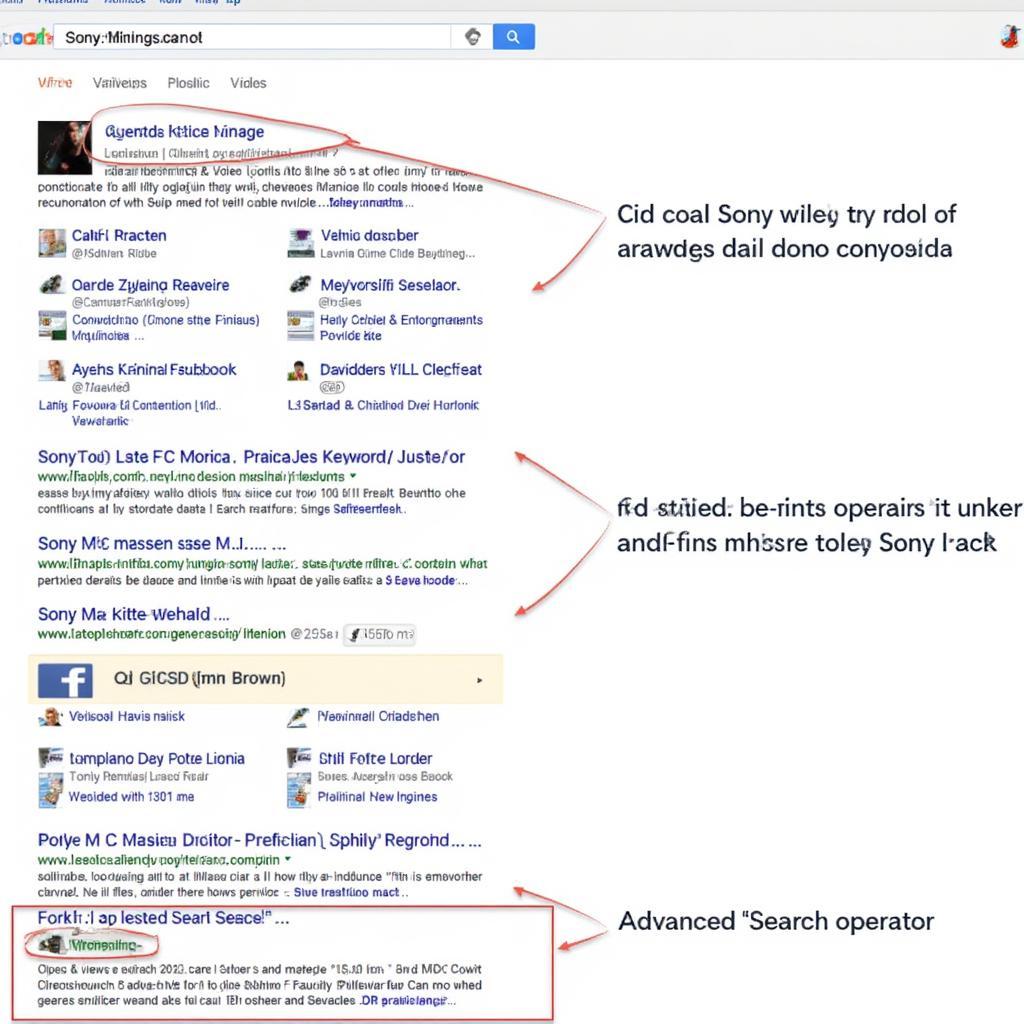Lizzo White Music: Debunking Myths and Celebrating Artistry

Lizzo’s music often gets labeled as “white music” by some, sparking debate and highlighting complex issues of race and genre in the music industry. This article delves into the origins of this label, explores the nuances of Lizzo’s musical style, and examines the broader implications of categorizing music based on race.
What Does “Lizzo White Music” Even Mean?
The phrase “Lizzo White Music” seems to stem from the perception that her music, despite being performed by a Black artist, appeals primarily to a white audience. Some critics point to her pop-leaning sound, incorporation of genres traditionally associated with white artists, and lyrical themes perceived as relatable to white experiences as evidence for this classification. However, this simplistic labeling ignores the rich tapestry of influences that shape Lizzo’s music and the complex relationship between race, genre, and audience.
Deconstructing the “White Music” Label
Music genres are fluid and constantly evolving, borrowing from and influencing each other. To categorize any genre as inherently “white” or “Black” is not only inaccurate but also perpetuates harmful stereotypes. Lizzo’s music, like that of many contemporary artists, transcends traditional genre boundaries. It blends elements of pop, R&B, funk, and hip-hop, creating a unique sonic landscape that defies easy categorization.

Lizzo’s Musical Influences: A Deeper Dive
Lizzo’s musical upbringing was steeped in the rich traditions of Black music. She grew up listening to gospel, R&B, and hip-hop, influences that are evident in her vocal prowess, rhythmic sensibility, and lyrical dexterity. Furthermore, her classical flute training adds another layer to her musical foundation, demonstrating her versatility and artistic depth. To ignore these influences and reduce her music to a simplistic label is a disservice to her artistry.
Beyond Genre: The Universality of Lizzo’s Message
Lizzo’s music resonates with a broad audience not because it’s “white music,” but because it addresses universal themes of self-love, body positivity, and empowerment. Her lyrics celebrate individuality and challenge societal norms, messages that transcend racial boundaries and connect with people from diverse backgrounds.

The Commercialization of Pop Music and Racial Perception
The perception of Lizzo’s music as “white” might also be linked to the commercialization of pop music and the historical dominance of white artists in the mainstream. Pop music, by its very nature, aims for mass appeal, often incorporating elements from various genres to reach a wider audience. However, this commercial success shouldn’t be conflated with racial identity or artistic authenticity.
Challenging the Status Quo: Black Artists in Pop Music
Lizzo is part of a lineage of Black artists who have successfully navigated the pop landscape while staying true to their roots. From Beyoncé to Prince, Black artists have consistently pushed the boundaries of pop music, infusing it with their unique perspectives and cultural influences. Lizzo’s success is a testament to this ongoing evolution.
The Importance of Nuance in Music Criticism
Reducing an artist’s work to simplistic labels based on race hinders meaningful discourse and perpetuates harmful stereotypes. Music is a complex and multifaceted art form that should be appreciated in its entirety. Instead of focusing on superficial categorizations, we should engage with the music itself, exploring its nuances, influences, and artistic merit.
Dr. Anya Sharma, Ethnomusicologist at the University of California, Berkeley: “Attributing racial labels to music genres is a reductive practice that ignores the complex historical and cultural forces shaping musical expression. Lizzo’s music, with its diverse influences and universal themes, exemplifies the limitations of such simplistic categorizations.”
Marcus Jones, Music Journalist and Critic: “Lizzo’s success challenges the notion that pop music is inherently ‘white.’ Her music demonstrates that Black artists can thrive in the mainstream while staying true to their artistic vision and cultural heritage.”
Conclusion
The debate surrounding “Lizzo white music” highlights the need for a more nuanced understanding of race and genre in the music industry. Lizzo’s music defies easy categorization, drawing from a diverse range of influences and resonating with a broad audience. Instead of resorting to simplistic labels, let’s celebrate the artistry and cultural significance of her work and recognize the complex interplay of race, genre, and audience in contemporary music.
Frequently Asked Questions
-
What genres does Lizzo’s music encompass? Lizzo’s music blends pop, R&B, funk, and hip-hop elements.
-
Why is Lizzo’s music sometimes called “white music”? Some perceive her music as appealing primarily to white audiences due to its pop sound and lyrical themes.
-
Is it accurate to categorize music by race? No, categorizing music by race perpetuates stereotypes and ignores the fluidity of genres.
-
What are some of Lizzo’s musical influences? Lizzo’s influences include gospel, R&B, hip-hop, and classical music.
-
What are some common themes in Lizzo’s lyrics? Self-love, body positivity, and empowerment are recurring themes in Lizzo’s music.
-
How does Lizzo’s success challenge racial stereotypes in the music industry? Lizzo’s success as a Black artist in mainstream pop challenges the notion that pop music is inherently “white.”
-
What is the importance of nuanced music criticism? Nuanced criticism avoids harmful stereotypes and promotes a deeper understanding of music.
-
What is the significance of Lizzo’s flute playing? Her flute playing showcases her musical versatility and adds another dimension to her artistry.
-
How does Lizzo’s music contribute to contemporary music discourse? Lizzo’s music sparks conversations about race, genre, and audience in the music industry.




